What Are Industrial Pumps?
An industrial pump is a mechanical device designed to transfer liquids (such as water, chemicals, oils, and slurries) from one place to another. There are many types of industrial pumps, depending on the application requirements, including:
Centrifugal Pumps: Use centrifugal force to push fluids into pipes, often used for large flow, low pressure delivery.
Positive Displacement Pumps: Push fluids in a certain amount through a fixed volume pump chamber, suitable for high viscosity, precise flow control occasions.
Diaphragm Pumps: Use the reciprocating motion of the diaphragm to achieve fluid delivery, often used for corrosive liquids or fluids with particles.
Gear Pumps: Drive fluid flow through the rotation of gears, suitable for the delivery of oils and high viscosity fluids.
Each type of pump has its own unique working principle and application occasions. It is crucial to choose the right pump according to the nature of the fluid, pressure requirements, and flow requirements.
Importance of Industrial Pumps in Manufacturing
Process Fluid Handling
Industrial pumps in manufacturing are used to transport raw materials, semi-finished products, and finished liquids. The smooth flow of fluids is essential in the production process, and industrial pumps ensure that stable flow and pressure are maintained during different production stages, such as mixing, heating, cooling, and chemical reactions.
For example, in the chemical industry, pumps are used to transport reaction materials to reactors and ensure stable temperature and pressure during reactions; in the food and beverage industry, pumps ensure that fluids flow smoothly between different production links, such as from storage tanks to filling equipment.
Maintaining Production Efficiency
The efficient operation of industrial pumps can significantly reduce downtime and energy consumption, which directly affects production costs and production efficiency. If the flow and pressure of the pump are unstable, it may cause production line stagnation, equipment failure, or material waste. Therefore, it is important to choose the right pump type and perform regular maintenance.
For example, adopting energy-saving pump systems can help companies reduce energy costs while maintaining efficient production. By optimizing the operation of the pump system, the production line can maintain a continuous production rhythm, thereby increasing the overall output value.
Safety and Environmental Compliance
In many manufacturing and processing industries, industrial pumps need to handle dangerous, corrosive or hot liquids, and any leaks or failures could result in loss of life or environmental pollution. For this reason, it is important to select the right pump type and perform regular maintenance checks.
For example, pumps used in chemical plants and oil refineries need to be designed to be explosion-proof, leak-proof, and able to withstand extreme working conditions. At the same time, many industries need to comply with strict environmental regulations during operation, and using pumps that meet environmental standards is a prerequisite for compliance.
Applications in Processing Industries
Different processing industries choose specific types of industrial pumps to meet production requirements based on their own needs:
Chemical Industry: In chemical production, pumps are responsible for transporting acids, solvents, and other hazardous chemicals. These pumps must be able to withstand high temperatures, corrosion, and ensure that the material does not react with the pump itself. Common pump types include corrosion-resistant positive displacement pumps and centrifugal pumps made of special materials.
Food and Beverage: The food and beverage industry requires pumps to be hygienic and clean to prevent contamination. Food-grade pumps are subject to strict hygiene standards when transporting liquid foods, such as beer, milk and juice production, which must be free of any contamination sources.
Pharmaceuticals: Precise liquid delivery is very important in the pharmaceutical process, especially in the preparation and production of drug formulations. The pharmaceutical industry often uses precision pumps to deliver drug raw materials to ensure accurate dosage, and the hygiene requirements of the pumps are extremely high to prevent any cross contamination.
Oil & Gas: The oil and gas industry requires a large number of pumps to transport crude oil, natural gas and wastewater during treatment. The pumps must not only have strong corrosion resistance, but also adapt to high pressure and temperature environments.
Choosing the Right Industrial Pump
Choosing the right industrial pump requires consideration of many factors, including:
Fluid Properties: Choose the right pump based on the type of fluid, viscosity, temperature and whether it contains particulate matter. For high-viscosity fluids, a positive displacement pump can be selected, while for low-viscosity fluids, a centrifugal pump may be a better choice.
Flow Rate and Pressure Requirements: Make sure the selected pump can meet the required flow and pressure. If the flow requirement is large, a centrifugal pump may be more suitable; if more precise flow control is required, a positive displacement pump is a better choice.
Pump Material: Select the appropriate pump material based on the chemical properties of the fluid. For example, if you are handling corrosive fluids, you need to choose a pump made of stainless steel or other corrosion-resistant materials.
Consulting with a pump manufacturer or professional engineer can help companies optimize pump selection, ensure long-term stable operation, and reduce maintenance costs.


 English
English русский
русский عربى
عربى

.jpg)
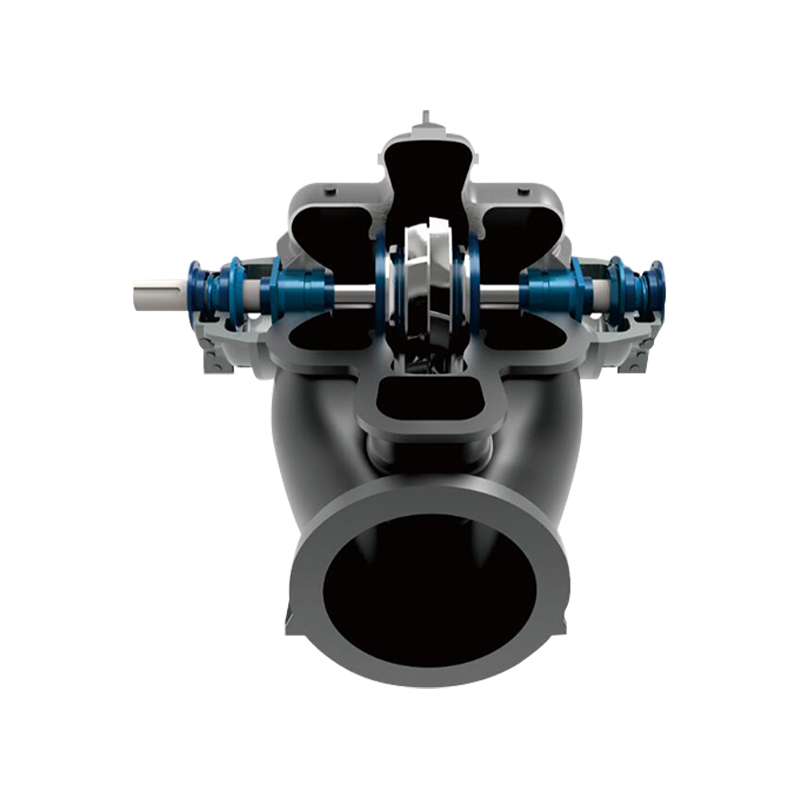
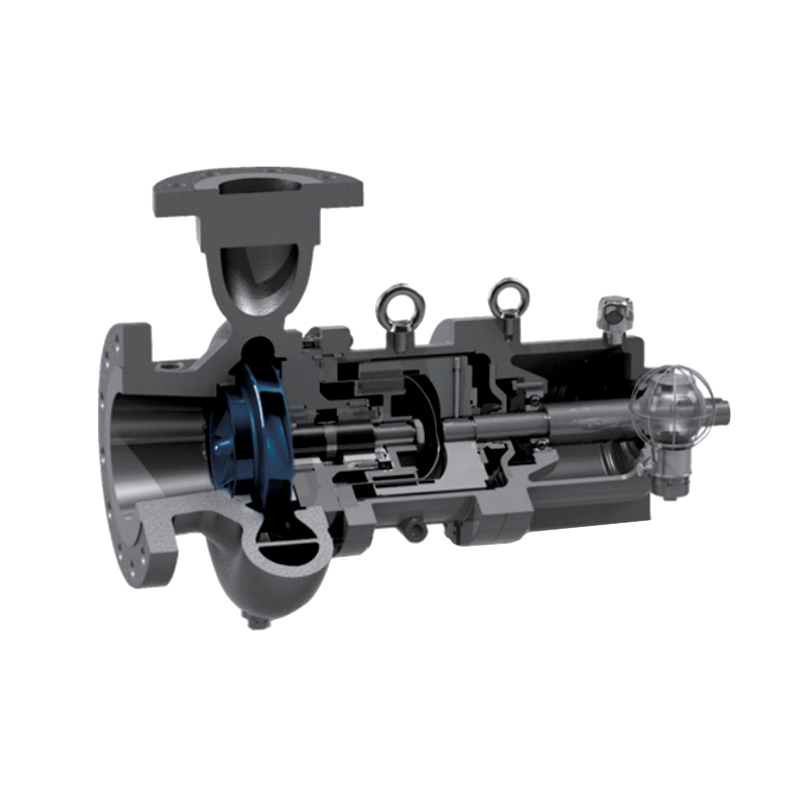
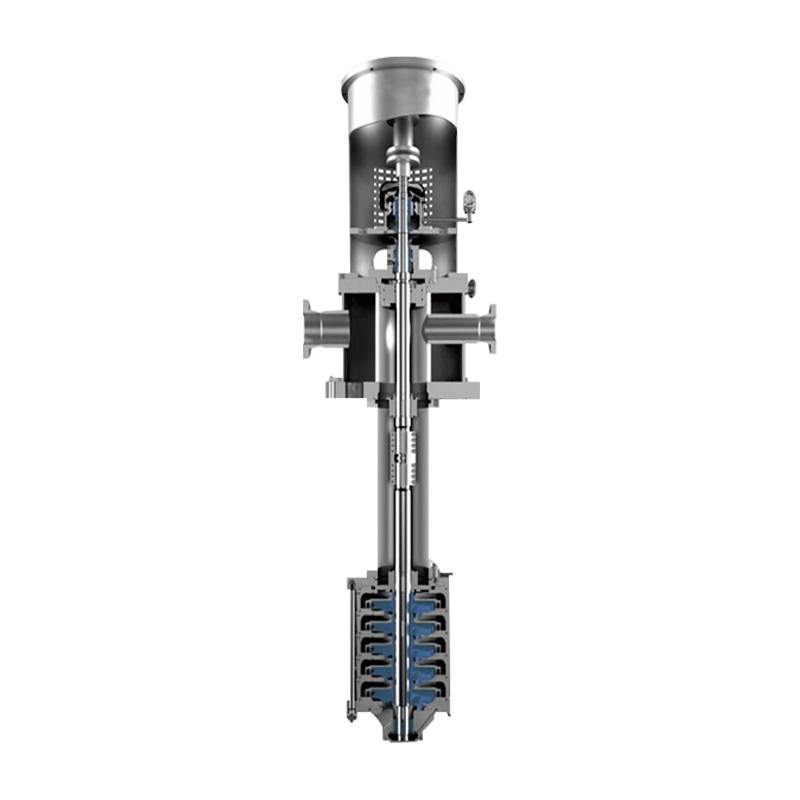
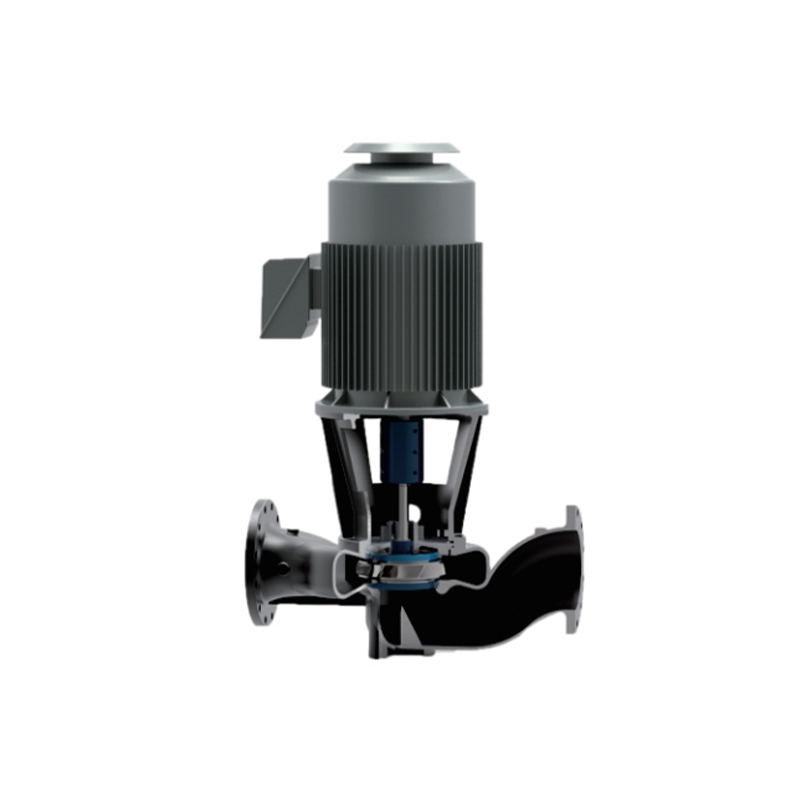

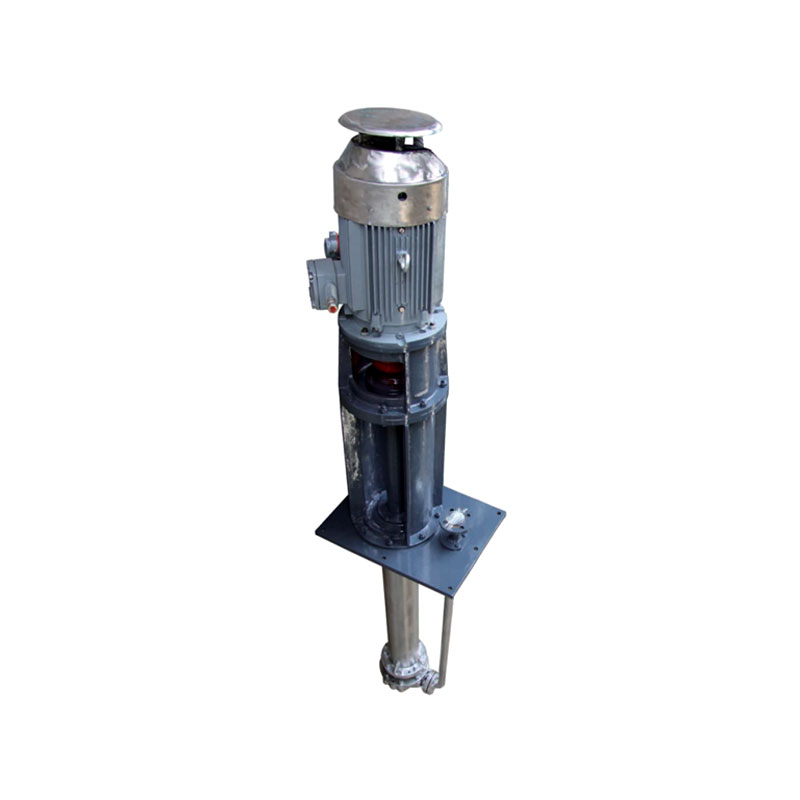
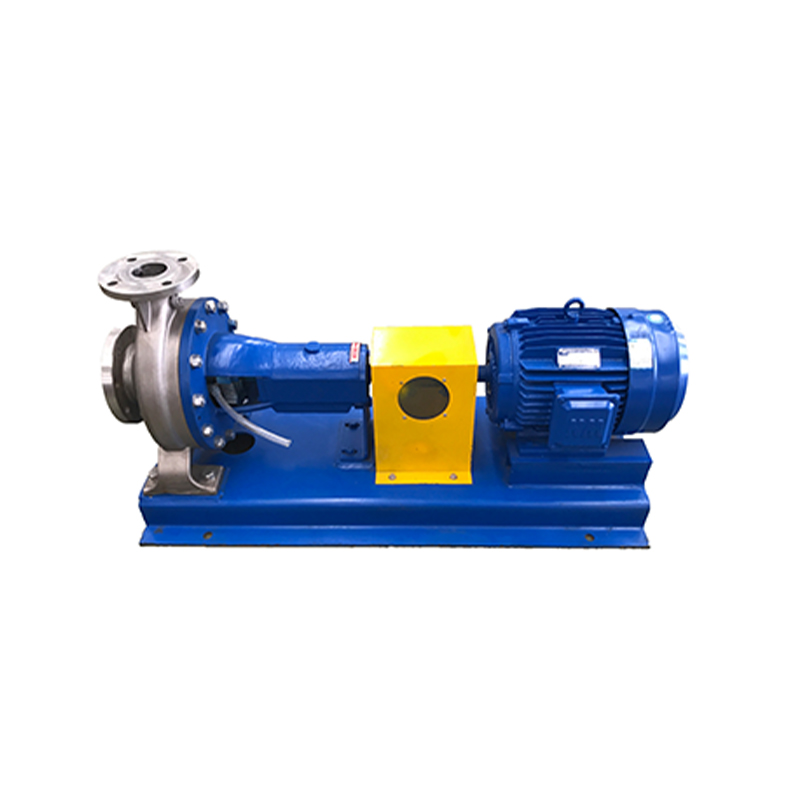

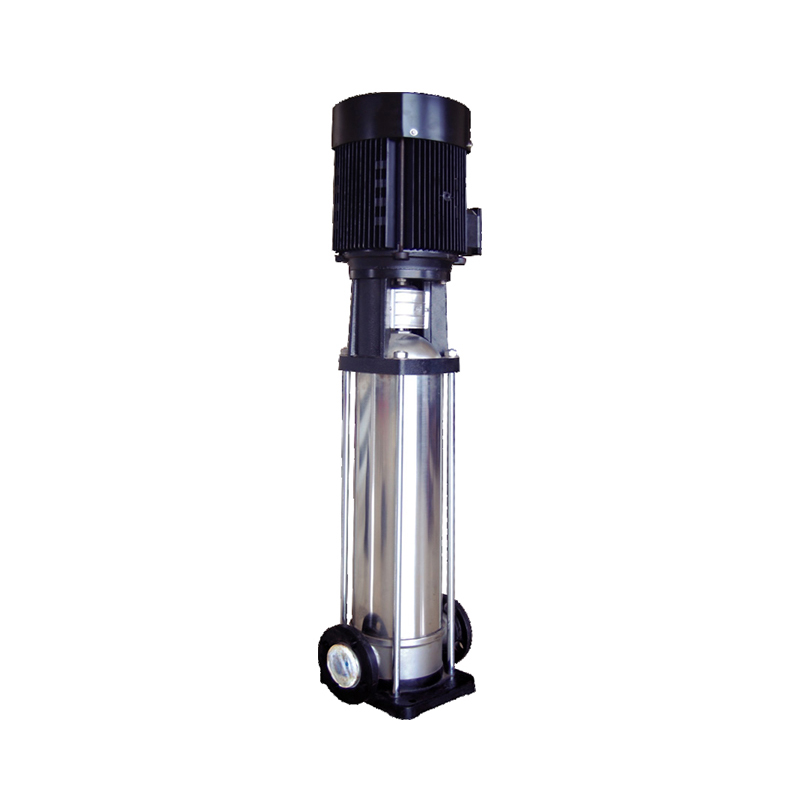






 ENG
ENG

 TOP
TOP